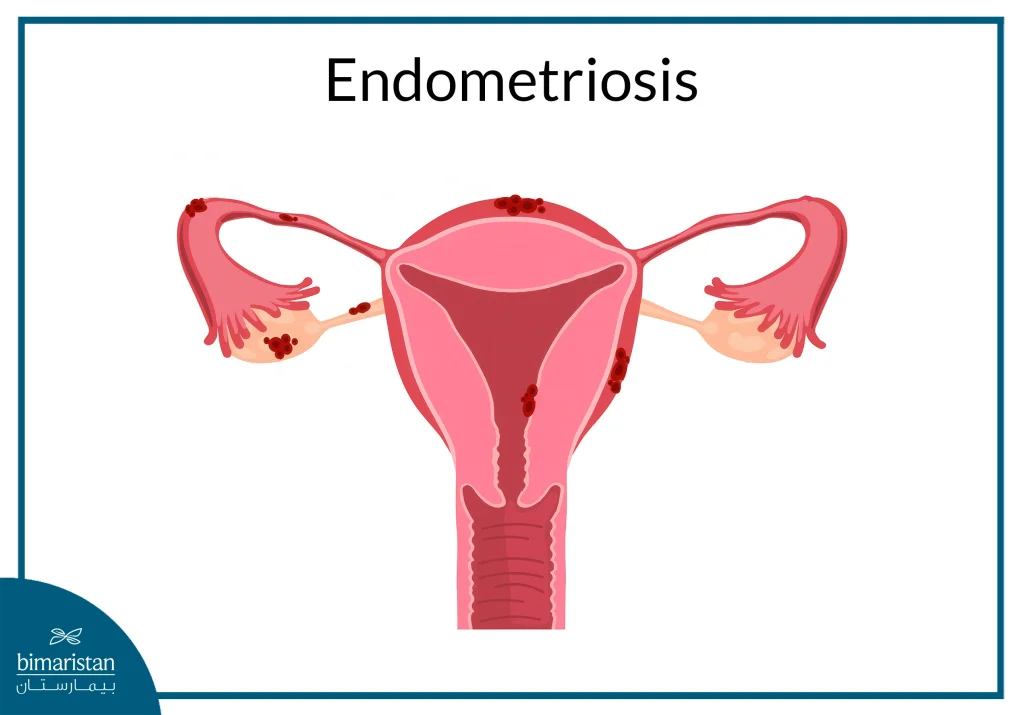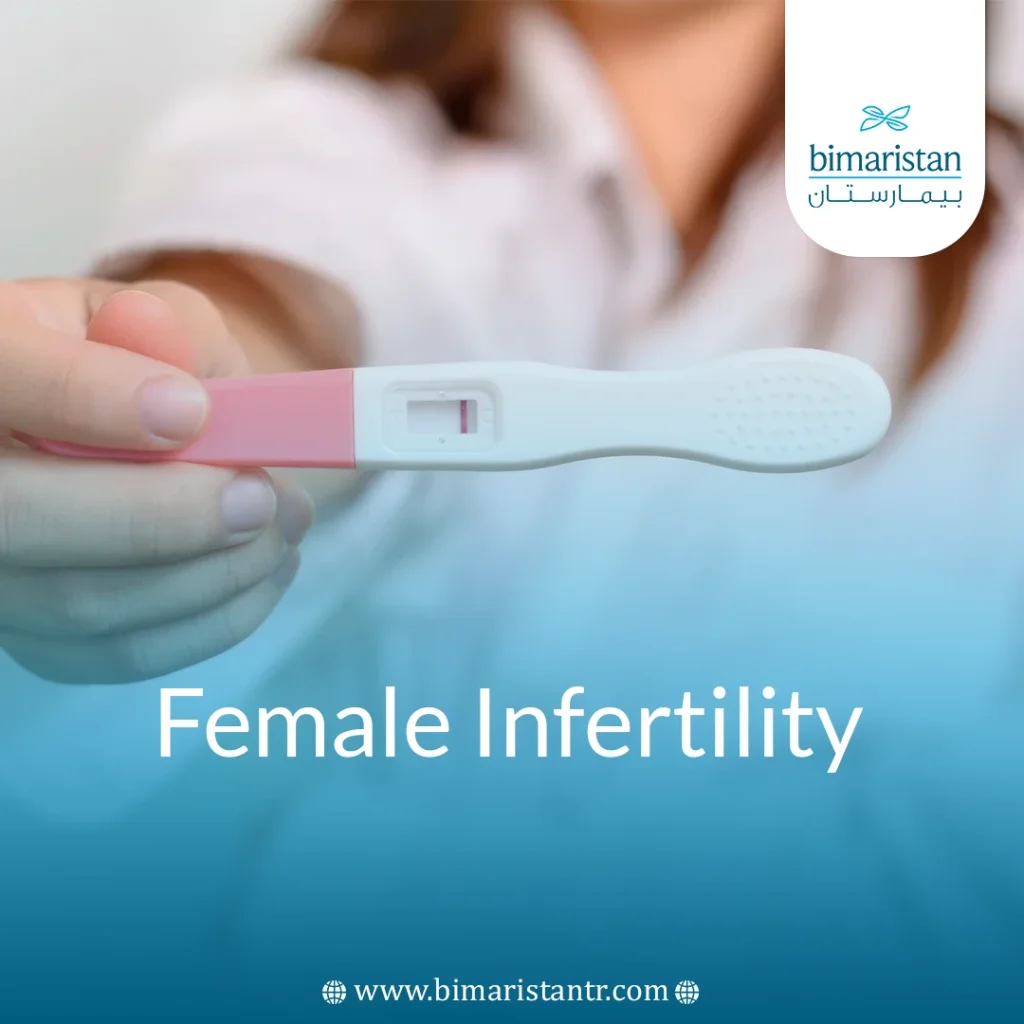Female infertility affects millions and can be emotionally overwhelming, but modern medicine offers new hope. Through advanced diagnostic tools and evolving treatment options, many women are now overcoming fertility challenges. Understanding the root causes, available therapies, and emotional support systems is key to navigating this journey. With the proper guidance, the dream of motherhood remains within reach for countless women seeking answers and compassionate care.
What is female infertility?
Female infertility is a medical condition that occurs when a woman is unable to conceive after having regular intercourse for one full year without using contraception. Infertility is categorized into two types:
- Primary infertility: where there has been no previous pregnancy, meaning the woman has never been pregnant.
- Secondary infertility: where a previous pregnancy occurred but a subsequent pregnancy did not occur, this may be the result of several factors affecting fertility.
Female infertility is estimated to be around 10-15% in most societies, making it a significant public health issue. Infertility can affect women at any stage of their lives, not just in their reproductive years.
Common causes of female infertility
The causes of female infertility vary widely and can be classified into several categories:
Ovulation Problems
- Hormone imbalances: Hormone imbalances can disrupt the ovulation process, leading to the failure to release eggs. These imbalances can be caused by factors such as stress, excess weight, or other health issues.
- Polycystic Ovarian Syndrome (PCOS): A common condition that leads to irregular menstrual cycles and increased levels of androgens that negatively affect fertility.
- Premature ovarian insufficiency: occurs when the ovaries stop working before the age of 40, leading to early menopause.
Problems with the uterus or fallopian tubes
- Blocked tubes: Blocked fallopian tubes can prevent eggs from reaching the uterus, which prevents conception. This can be the result of previous infections or surgery.
- Adhesions or Endometriosis: This condition leads to the growth of endometrium-like tissue outside the uterus, causing pain and infertility, and is considered one of the primary causes of secondary infertility.
- Fibroids: Fibroids can affect pregnancy by changing the shape of the uterus or affecting blood flow, leading to difficulty conceiving.

Hormonal factors
- Thyroid disorders: They affect hormonal balance, which affects ovulation. Both hypothyroidism and hyperthyroidism will cause fertility issues.
- High milk hormone: High levels of the hormone prolactin can cause irregular periods and affect fertility.
Other reasons
- Psychological factors: Anxiety and stress can affect reproductive health. Studies suggest that stress may affect hormonal balance and hinder ovulation.
- Being overweight or too thin: It affects hormonal balance and reduces the chances of getting pregnant. Women who are overweight or underweight may have difficulty getting pregnant.
- Older age: Getting pregnant becomes more difficult with age, especially after the age of 35, as ovum quality decreases and the risk of health issues increases.
How is female infertility diagnosed?
Female infertility diagnosis methods include several steps:
- Clinical examination: This includes a medical history and a physical exam, during which the doctor assesses the woman’s overall health.
- Hormone tests: Such as FSH, LH, TSH, and Prolactin, to assess hormone levels and determine if any hormonal disorders may affect ovulation.
- Uterine and ovarian imaging: Such as ultrasound and HSG test to determine the condition of the uterus and fallopian tubes, revealing any structural issues.
- Hysteroscopy or laparoscopy: To make an accurate assessment of the internal condition by seeing the reproductive organs directly.
What are the treatment options for female infertility?
Common treatment options can vary significantly and are generally classified into several categories.
Drug therapy
- Ovulation induction: Clomiphene or gonadotropins are used to induce ovulation, thereby increasing the chances of pregnancy by stimulating the ovaries to produce more eggs.
- Addressing Hormonal Imbalances: Using medications to treat thyroid disorders or high milk hormone (prolactin), as these treatments help restore hormonal balance.
Surgical intervention
- Removing adhesions: It can help improve your chances of getting pregnant. Some women may need surgery to remove abnormal tissue or adhesions.
- Endometriosis treatment: This involves surgical procedures to remove the abnormal tissue, which may improve the chances of pregnancy.
Assisted Reproductive Technology
- Artificial intrauterine insemination (IUI): Sperm is inserted directly into the uterus, increasing the chances of fertilization.
- In vitro fertilization (IVF): Eggs are fertilized outside the body and then transferred to the uterus. This method is very effective for women with serious issues.
- Intracytoplasmic sperm injection (ICSI): A single sperm is injected directly into the egg, increasing the chances of fertilization in cases of severe infertility.
Can female infertility be prevented?
The risk of female infertility can be reduced by:
- Tips to minimize risk: Maintain a healthy lifestyle by following a balanced diet and engaging in regular exercise.
- Early screening: It helps detect health issues early, making it easier to treat them effectively.
- Weight Maintenance: Helps maintain hormonal balance.
- Avoid smoking: It negatively affects fertility and increases the risk of infertility.
When should you see an infertility doctor?
A woman should visit an infertility doctor in the following cases:
- Delayed pregnancy: More than 1 year or 6 months for women over 35, as the risk increases with age.
- Known hormonal or medical issues: Such as menstrual cycle disorders or pre-existing medical conditions that affect fertility.
- Recurrent miscarriage: This may indicate health issues that need to be evaluated. Recurrent miscarriages are a sign of issues that may require medical intervention.
Female infertility is not the end of the road, but the beginning of a new journey toward motherhood filled with resilience, strength, and possibility. With advanced treatment options, tailored fertility plans, and strong emotional support, women can renew their hope and confidently pursue their dream. Consult specialized doctors for guidance and comprehensive evaluation, as every step, however small, brings you closer to achieving motherhood and embracing the joy it brings.
Sources:
- Better Health. (n.d.). Infertility in women. Retrieved
- NHS. (n.d.). Infertility. Retrieved
- National Center for Biotechnology Information. (n.d.). Infertility. Retrieved
